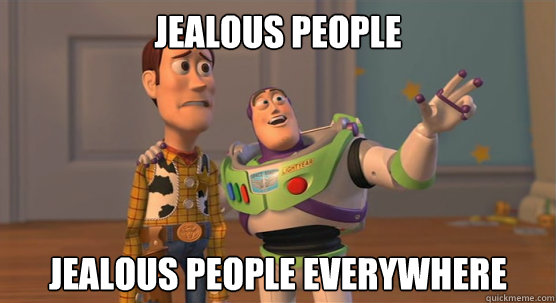Right away this article started out with a great quote. "...ask not what your country can do for you; ask what you can do for your country." Said by John F. Kennedy.
This goes so well to all that this article is saying about service learning. Service learning is getting people out there to help others. This is what we can do for the people in our community, in our schools. By giving our services to the schools, we are helping everyone, including the country. What Kennedy said is being defined today by service learning. We are doing it for a class as well as for those children and teachers that benefit from our help in the classroom. RIC has us do 30 hours of community service. That 30 hours is changing our lives. It's making us go out there and give our time to those in need. It's also changing the lives of those we are giving our services to. Here is a link to a timeline of Caroline Kennedy who wants to "redefine that commitment for our time."

"In addition to helping those they serve, such service learning activities seek to promote students' self-esteem, to develop higher-order thinking skills, to make use of multiple abilities, and to provide authentic learning experiences- all goals of current curriculum reform efforts."
In my opinion, this quote sums up our experiences pretty well. We are all helping students to learn and grow. We are helping the teacher. We all seem to be growing and changing gaining more confidence as we go along developing more self-esteem. Higher-order thinking skills are being developed as we teach and grow in the classroom following instruction and instincts. There are so many abilities that are being used that we don't even think about from handling the office situation when first arriving in a professional manner, to dealing with the interesting and at times very challenging situations that arise unexpectedly. We are also all most definitely providing and being provided with "authentic learning experience." There is so much we learn by being in the real situations, taking action, instead of just sitting listening to a lecture.
Here is from a blog I found, what an outstanding post, you should really read this(warning, may make you cry like it did to me). "This UP Program made my college experience worth something," Abby, an UP Program student employee, explained. "College isn't just about hanging out. I feel like I'm helping a cause."
Here is from a blog I found, what an outstanding post, you should really read this(warning, may make you cry like it did to me). "This UP Program made my college experience worth something," Abby, an UP Program student employee, explained. "College isn't just about hanging out. I feel like I'm helping a cause."
"To be critical thinkers, students must be able to consider arguments that justify conclusions that conflict with their own predispositions and self interest."
This is how one gets stronger and really learns what they believe. By challenging what one may have grown up with or may not have addressed in the past, one can talk about and figure out for sure what they think is right. By doing so it makes them sure and able to back up what they say. This statement is very true and very important. Here is a link to an in debt definition of what critical thinking is. Also this relates to Delpit when she speaks of those in power being less aware of the culture of power's existence. It relates because being told about what is happening around the world and in our own communities is important so we know how to help. By requiring service learning it is making students go out and see first hand what maybe they didn't realize was actually happening or that they needed to be more aware so they could help.

"Rather than assume, erroneously, that all educators share the same vision, we think that it is better to be explicit about the numerous and different visions that drive the creation and implication of service learning activities in schools."
We each have our own take of service learning. We all have a different vision for this as well as our goals for the future. Its really cool and awesome that each one of us has a different experience with service learning. This is what will make us such great teachers. Having our own experiences, goals and visions will make the classrooms fun and exciting for the students. One of my main goals is to inspire my students. To inspire them to love and want to learn. That is one of the keys to life. Learning is a powerful and necessary tool for life. Another goal is for them to know that they can do it,( whatever it may be) and not to give up.

For class: What's your teaching vision? Do you agree with what I said about us all having a different one? What does this whole service learning project mean to you?



